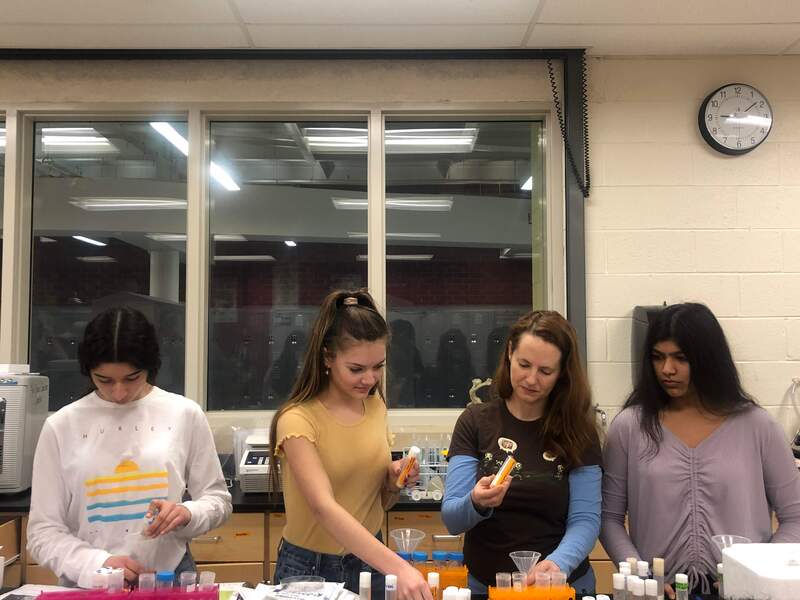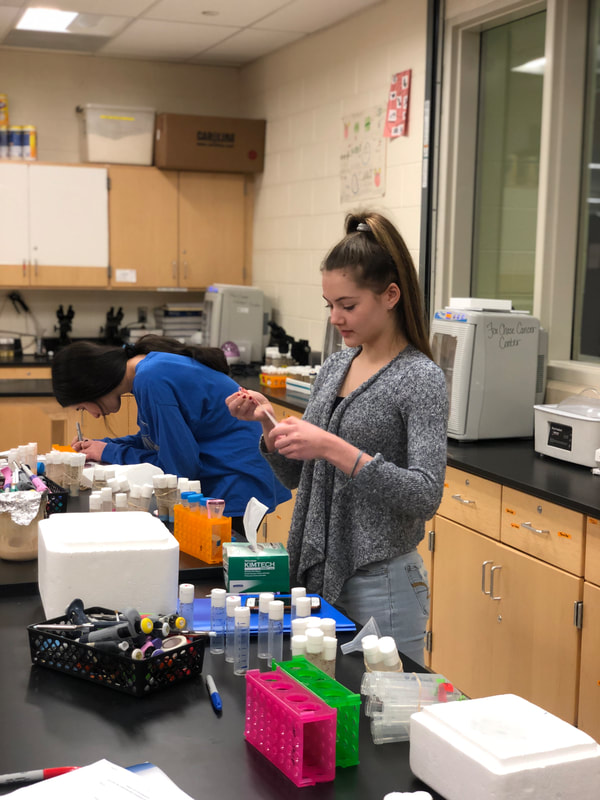As you may remember from my previous post, my project involved feeding adults flies drugs that inhibit DNA methylation and then observing the inherited effects of the drugs on offspring. However, in my last post, I mentioned that I was planning to use the drug Hydralazine. Unfortunately, the only way I could have obtained any Hydralazine was by having a heart attack and then acquiring a prescription for the drug (which can prevent heart problems as well as inhibiting DNA methylation). I couldn’t induce a heart attack, so I just chose a different drug instead! I settled on EGCg: an antioxidant found in green tea. EGCg was much easier to obtain ― I just bought it from the Vitamin Shoppe! Now that my project has come to a close, I have concluded that EGCg does in fact have a negative effect on the health and activity of offspring, as shown through poor performance of offspring from drugged parents during the negative geotaxis assay and the % hatching portion of the female fertility assay. Thus, my hypothesis was supported! I wasn’t able to definitively prove that EGCg’s effects on methylation were accountable for my observations, but that would definitely be my next step in this experiment. I hope to do this by analyzing larval polytene chromosomes (found in salivary glands), also known as “giant chromosomes”. As the name implies, these chromosomes are very large and can be easily viewed under a microscope. They can be stained using various techniques that reveal regions of highly methylated DNA. By comparing the staining patterns of chromosomes from different flies, I can directly determine the effect of EGCg on methylation. I can then draw connections between these conclusions and my initial observations that EGCg decreases offspring health and activity.
0 Comments
Your comment will be posted after it is approved.
Leave a Reply. |
Archives
April 2024
Categories
All
|







 RSS Feed
RSS Feed